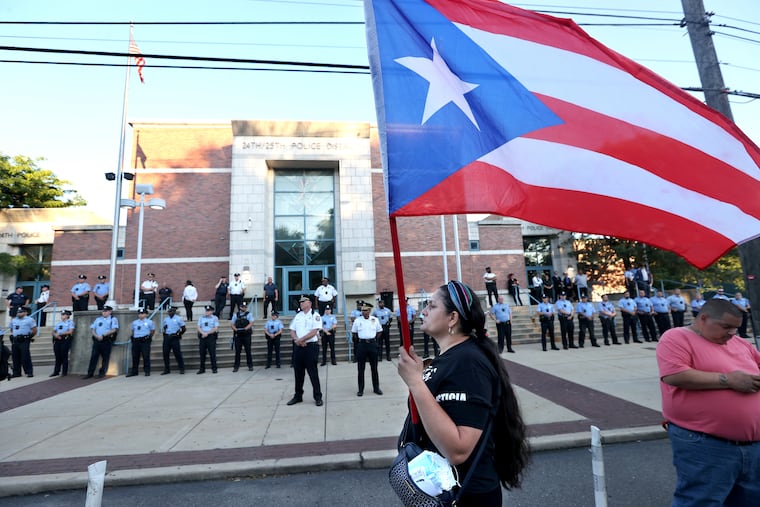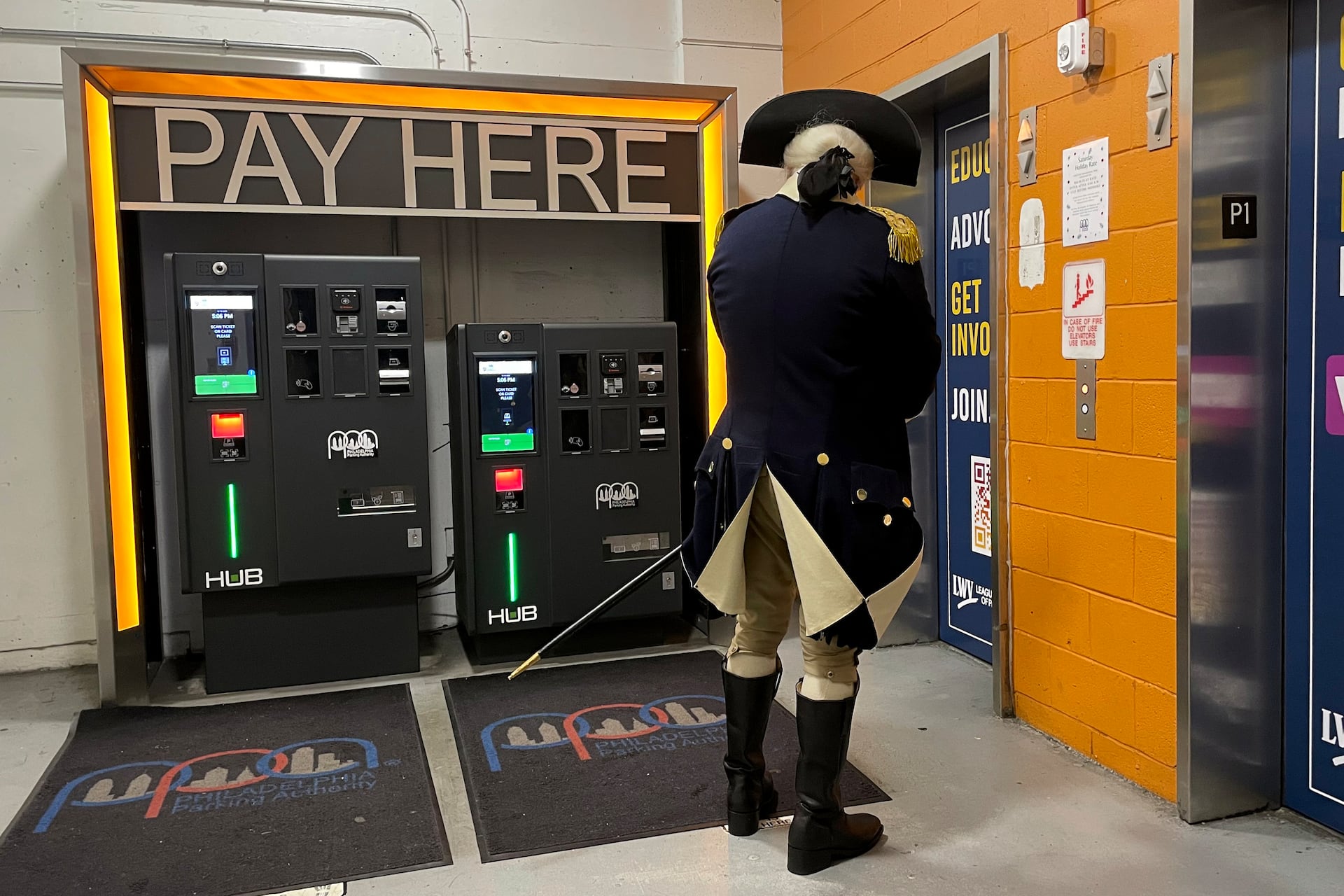NJ Transit rail service restarts following a three-day strike by engineers.
NJ Transit’s rail services resumed their regular operations on Tuesday morning following a brief strike by train engineers over the weekend. The service came back after crews conducted safety inspections and rearranged rail assets in response to a tentative contract agreement reached on Sunday with the Brotherhood of Locomotive Engineers and Trainmen (BLET). The engineers had walked off the job early on Friday after negotiations reached an impasse the previous evening, leading to a three-day work stoppage that disrupted train services across the New Jersey rail network.
On the first day of resumed operations, NJ Transit maintained its scheduled train services throughout New Jersey and on Metro North’s NJ Transit-operated lines located west of the Hudson River. However, disruptions arose shortly after 9 a.m. with reports of thirty-minute delays into New York’s Penn Station, attributed to a stranded Amtrak train. An Amtrak spokesperson confirmed that the Northeast Regional train 170 was forced to apply emergency brakes just outside of the station, leading to further complications and delays for commuters.
Additionally, signal issues on the Northeast Corridor line contributed to delays for southbound trains traveling to Trenton. It’s noteworthy that both Penn Station and the Northeast Corridor tracks are owned and operated by Amtrak, the federal commuter railway provider. In light of the delays linked to Amtrak, NJ Transit officials stated that the resumption of services went smoothly overall, aside from these unforeseen disruptions.
In parallel with the reinstatement of train services, NJ Transit also discontinued its “contingency” services on Tuesday, halting four regional “park and ride” bus routes that had been implemented during the strike. Details surrounding the tentative agreement achieved on Sunday are still emerging, but discussions primarily centered on wage disparities, particularly regarding pay comparisons between NJ Transit engineers and their counterparts at the Metropolitan Transportation Authority (MTA) across the Hudson River.
This recent agreement marks the second instance in which NJ Transit management and the BLET have reached an initial understanding regarding wage increases. A previous contract proposal set forth in March had been overwhelmingly rejected by union members, with 87% voting against it. The new agreement is pending ratification from both the union members and the NJ Transit board, with votes anticipated to take place in early June.
The impact of the strike and subsequent delays poses ongoing challenges for commuters relying on these critical transit services, underscoring the intricate interplay between labor negotiations and public transportation operations in the region.







